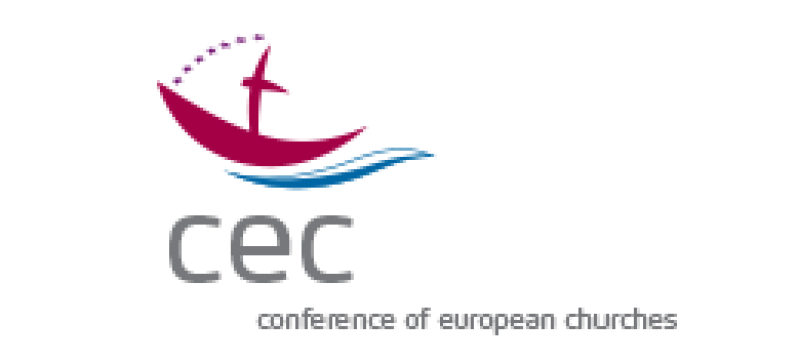The following is a joint message from the Conference of European Churches, the Churches’ Commission for Migrants in Europe and the Caritas in Veritate Commission of the Council of European Bishops Conferences.
Per la versione italiana del messaggio, si prega di cliccare qui.
Press Release No: 17/12
7 April 017
Brussels
Ending discrimination, working for reconciliation: Statement for International Roma Day
Saturday, 8 April marks International Roma Day, established to recognise and honour Romani people and celebrate their culture. In Europe this year, the day follows an EU Roma week with events organised in the European Parliament in Brussels and across Europe to raise awareness about their struggle for justice and recognition.
Today, 10 to 12 million Roma live throughout Europe. They are the keeper of important values. Their culture uplifts the value of family, despite living in the time of increasing individualism.
Centuries of antiziganism have cultivated unacceptable conditions for Roma people. Historically, they have often been marginalized and victims of violence, enslavement, and even genocide. Today, they suffer from ongoing social exclusion and struggle for access to education, housing, employment, social services, and healthcare. They are even sometimes denied basic civil rights, like birth certificates and accompanying legal entitlements. Despite this oppression, they have survived and protected their distinctive ways of life, language, and traditions.
Churches in Europe support efforts to change perceptions of Roma, foster worthwhile dialogue, and respect the diverse histories and identities while recognising Roma people as fellow citizens of European countries. We also acknowledge the strong commitment many churches in Europe have shown and encourage further practical work in this area.
The Roma have a history like no other people on this continent and are the largest among Europe’s indigenous peoples. Though centuries have passed since their first appearance in Europe, they remain on the fringes of our awareness and our societies. Together we must repent the sins of discrimination and persecution, and recommit ourselves to the difficult work of reconciliation.
Recognising the history of the Roma people in Europe requires that we look at the history in European societies, to acknowledge patterns of exclusion. The Churches in Europe hope the Roma can increasingly feel accepted as full Europeans citizens, with rights and duties, and contribute to a more just future in which we all share.
This year, International Roma Day coincides with the beginning of the Easter season. At this moment, we recall the way of Jesus, who went to people at the margins, and brought hope to the oppressed. Today, the Roma people remind us where we must go to serve the Risen Christ. Their experience is the very place where the victory of hope over despair and life over death begins.
International Roma Day was first declared in 1990 by the 4th International Romani Congress, which met in Serock (Poland). The date of April 8th was chosen in acknowledgment of the first meeting of this Congress in 1971, a gathering that was partially funded by the World Council of Churches.
Erin Green
Communication Coordinator
Conference of European Churches
Rue Joseph II, 174 B-1000 Brussels
Tel. +32 2 234 68 42
Fax +32 2 231 14 13
E-mail: eeg@cec-kek.be
Website: www.ceceurope.org
Facebook: www.facebook.com/ceceurope
Twitter: @ceceurope
The Conference of European Churches (CEC) is a fellowship of 115 Orthodox, Protestant, Anglican and Old Catholic Churches from all countries of Europe, plus 40 National Councils of Churches and Organisations in Partnership. CEC was founded in 1959. It has offices in Brussels and Strasbourg.
The Council of the Bishops’ Conferences of Europe (CCEE) encompasses the current 33 European Bishops’ Conferences, represented by their Presidents, the Archbishops of Luxembourg, of the Principality of Monaco, the Maronite Archbishop of Cyprus and the Bishop of Chişinău (Moldova Rep.), the Eparchial Bishop of Mukachevo and the Apostolic Administrator of Estonia. The current President is Cardinal Péter Erdő, Archbishop of Esztergom-Budapest, Primate of Hungary; the Vice-Presidents are Cardinal Angelo Bagnasco, Archbishop of Genoa, and Mgr Angelo Massafra, Archbishop of Shkodrë-Pult (Albania). The General Secretary is Mgr Duarte da Cunha. The Secretariat is based at St Gallen (Switzerland).
